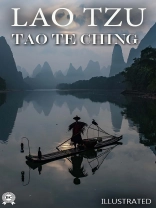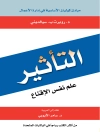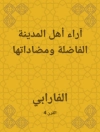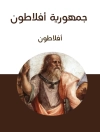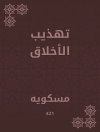‘Lao Tzu. 'Tao Te Ching' stands as an ancient philosophical masterpiece, encapsulating the wisdom of Taoism. This foundational text, believed to have been written in the 6th century BCE, offers profound insights into the nature of existence, the principles of harmony, and the art of virtuous living.
Comprising 81 verses, 'Tao Te Ching' explores the concept of Tao, the unnameable and ineffable force that underlies and unites all aspects of the universe. Lao Tzu imparts timeless teachings on the virtue of simplicity, the power of yielding, and the importance of aligning with the natural order.
The verses delve into the duality of Yin and Yang, emphasizing balance and the interconnectedness of opposites. Lao Tzu advocates for a harmonious way of life, rooted in humility, compassion, and non-action (Wu Wei). He presents the idea that true wisdom lies in embracing the ebb and flow of life without undue interference.
This enduring classic challenges conventional thinking and invites readers to contemplate the essence of existence, urging them to align with the Tao to attain a state of inner peace and enlightenment. 'Tao Te Ching' continues to be a source of inspiration for those seeking spiritual guidance, ethical principles, and a deeper understanding of the universal flow of existence.
Mengenai Pengarang
Lao Tzu (Chinese: 老子; pinyin: Lǎozǐ; Wade-Giles: Laosi; also Laozi, Lao Tse, Lao Tu, Lao-Tsu, Laotze, Laosi, Lao Zi, Laocius, Lao Ce, and other variations) was a mystic philosopher of ancient China, best known as the author of the Tao Te Ching (often simply referred to as Laozi).
